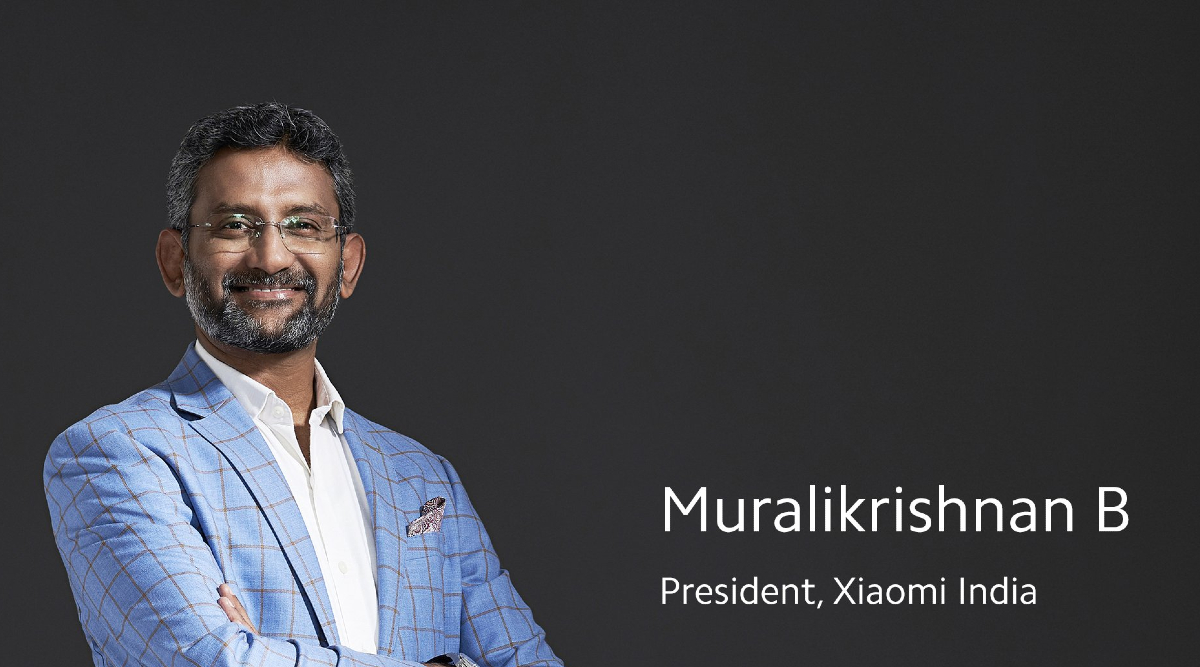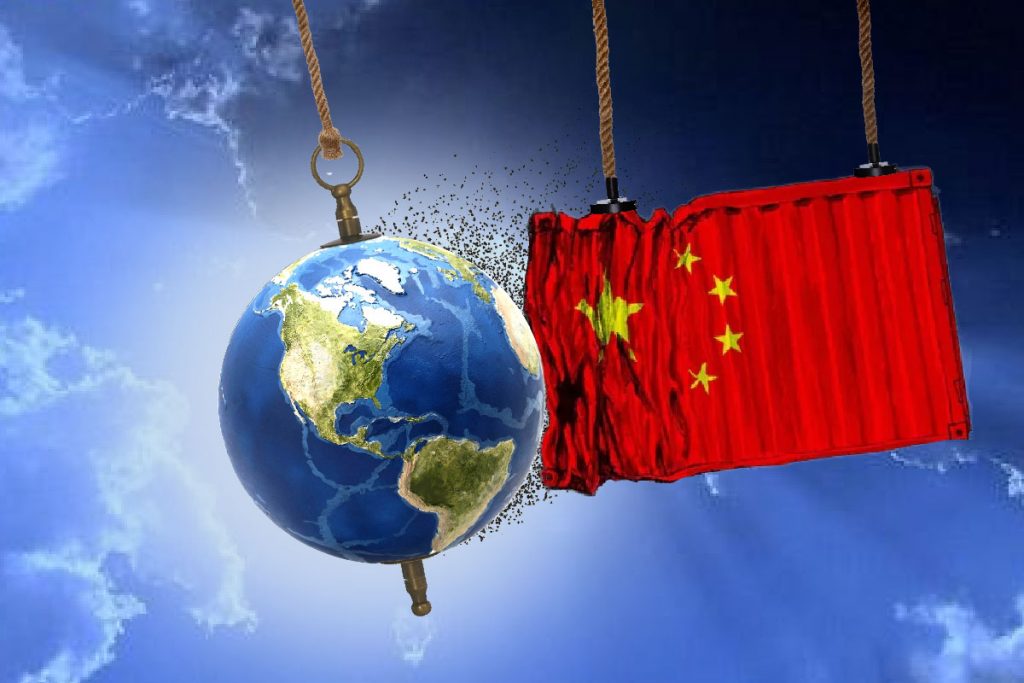Xiaomi’s Protest, Says Indian Government’s Scrutiny ‘Unnerves Suppliers’; Is India The Only Country Apprehensive About Chinese Companies? What Is The Global Response?
Historically and in recent years, the relationship between Indian and Chinese technology firms has been punctuated by both cooperation and tension. Amidst regulatory scrutiny and allegations of wrongdoing, Chinese companies like Xiaomi and Vivo have faced challenges in operating within the Indian market. The concern stems from a desire to protect domestic industries, address geopolitical tensions, and safeguard national interests. However, India is not alone in its wariness with Chinese companies, as similar concerns exist in countries like the United States, Australia, and various European nations. These concerns have given way to regulatory scrutiny and measures to mitigate perceived risks associated with Chinese investments and operations.

Xiaomi has communicated to New Delhi that suppliers of smartphone components are hesitant to establish operations in India due to heightened scrutiny of Chinese companies by the government, according to a letter and a source familiar with the situation.
Notably, the Chinese tech giant has an 18% share in India’s smartphone market and raised concerns in its letter dated Feb. 6, urging India to contemplate offering manufacturing incentives and reducing import tariffs on specific smartphone components.
The company, which predominantly assembles smartphones in India using local components supplemented by imports from China and other regions, penned the letter in response to an inquiry from India’s information technology ministry seeking suggestions on advancing the country’s component manufacturing sector.
India intensified scrutiny of Chinese enterprises following a 2020 border clash that claimed the lives of at least 20 Indian soldiers and four Chinese troops, disrupting investment plans of major Chinese firms and drawing repeated objections from Beijing.
While Chinese firms operating in India generally avoid publicly discussing the scrutiny, Xiaomi’s correspondence perhaps stems from ongoing challenges they face in India, particularly in the smartphone domain, where numerous crucial components originate from Chinese suppliers.
In the letter, Muralikrishnan B., President of Xiaomi India, emphasized the need for India to implement “confidence-building” measures to attract component suppliers to establish local operations.
Without explicitly naming any companies, Muralikrishnan noted, “There are concerns among component suppliers regarding establishing operations in India, stemming from the challenges faced by companies in India, particularly of Chinese origin.”
The letter spotlit concerns related to compliance, visa issues, and other unspecified factors, urging the government to address these apprehensions and bolster confidence among foreign component suppliers, thereby encouraging them to set up manufacturing facilities in India.

The Long Of The Short Story
Indian authorities levelled accusations last year against Chinese smartphone company Vivo Communication Technology, alleging breaches of certain visa regulations and purportedly siphoning $13 billion in funds from India.
India has also frozen over $600 million in Xiaomi assets on grounds of alleged illegal remittances to foreign entities, purportedly disguised as royalty payments.
Both Chinese firms firmly refute these allegations.
Apart from regulatory scrutiny targeting companies like Xiaomi and Vivo, India has, since 2020, implemented bans on more than 300 Chinese apps, including TikTok by ByteDance, and halted planned projects of Chinese automakers such as BYD and Great Wall Motor.
According to the source, executives from Chinese electronics companies often encounter difficulties in obtaining visas to enter India, while their firms face prolonged clearance processes for investments due to intense scrutiny from New Delhi.
In the letter, Xiaomi’s Muralikrishnan also advocated for further reductions in India’s import tariffs, following New Delhi’s decision on January 31 to lower import taxes on battery covers and phone camera lenses.
Xiaomi is additionally urging India to decrease import tariffs on sub-components utilized in batteries, USB cables, and phone covers, as stated in the letter.
Xiaomi contends that reducing these tariffs could enhance India’s manufacturing competitiveness by lowering costs, though attracting component manufacturers to establish operations in India would necessitate more substantial incentives.
In January, India’s top industrial policy official, Rajesh Kumar Singh, hinted at the possibility of India easing its heightened scrutiny of Chinese investments provided that the border situation between the two countries remains peaceful.

The Act
Officially, India has maintained an openness to Chinese business endeavours.
Riding on Indian Prime Minister Narendra Modi’s “Make in India” initiative launched in 2014, Chinese firm Vivo established its own manufacturing facility in Uttar Pradesh to produce mobile phones, a move that propelled Vivo to become the second-largest smartphone brand in India, trailing only Samsung.
Behind this official stance lies Modi’s strategic agenda to safeguard and expand India’s manufacturing sectors, aiming to diversify export markets.
To achieve this goal, India seeks to diminish its reliance on China and foster the development of domestic end-to-end supply chain solutions, spanning from component manufacturing to final assembly.
Additionally, India has employed tariffs as a deterrent to imports for example, in 2018, in response to the decline of Indian mobile phone assembly due to competition from Chinese counterparts, the government imposed a 20 per cent tariff on imported devices.
Then again in 2020, tariffs were tripled to 60 per cent on toy imports, primarily originating from China and by 2023, import tariffs had surged to 70 per cent, resulting in a 75 per cent reduction in India’s toy imports since 2019.
India’s apprehension towards Chinese companies stems from a combination of economic, geopolitical, and security concerns.
Firstly, India seeks to safeguard its domestic industries and reduce its reliance on Chinese imports, particularly in strategic sectors like telecommunications and technology.
Thus, the influx of Chinese companies could potentially threaten Indian businesses and undermine the country’s economic sovereignty.
Secondly, there are geopolitical tensions between India and China, including border disputes and broader regional influence dynamics.
Hence, India’s skepticism towards Chinese companies can be seen as a response to these tensions, with the government taking measures to mitigate perceived risks associated with Chinese investments and operations within India.

Not India Alone
However, India is not the only country with apprehensions about Chinese companies; similar concerns exist in other nations, including the United States, Australia, and various European countries.
In the United States, for instance, there are ongoing debates about national security risks posed by Chinese telecommunications companies like Huawei, leading to restrictions on their involvement in critical infrastructure projects.
Australia has also implemented measures to scrutinize and limit Chinese investments in strategic sectors.
Likewise, European nations have raised concerns about unfair trade practices and intellectual property theft by Chinese companies, leading to calls for greater regulatory oversight and protection of domestic industries.
The Last Bit, Hence, it would be fair to say that while India’s apprehensions about Chinese companies are significant, they are part of a broader global trend where many countries are reassessing their relationships with China and taking steps to protect their own interests and national security.
Whether Xiaomi’s letter will make any difference and result in what the company seeks remains to be seen.




